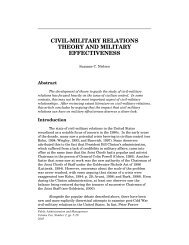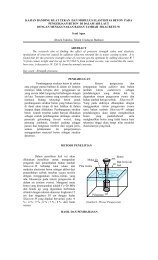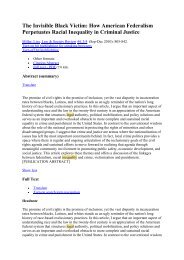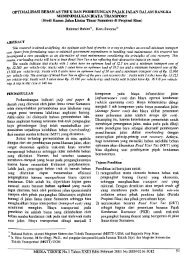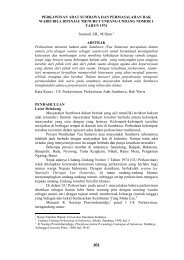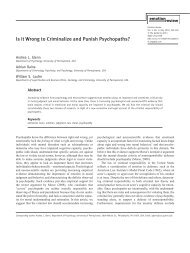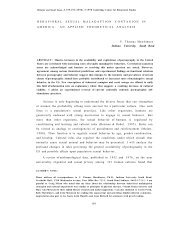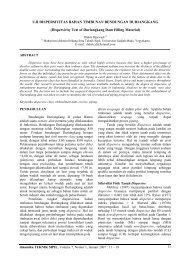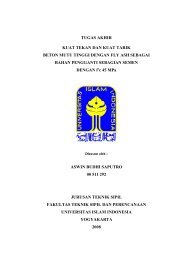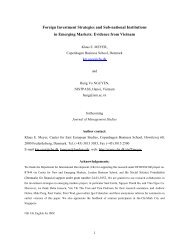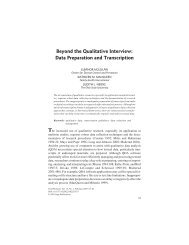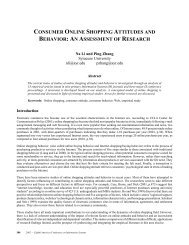Ski – resort and regional development: profile of visitors ... - E-Journal
Ski – resort and regional development: profile of visitors ... - E-Journal
Ski – resort and regional development: profile of visitors ... - E-Journal
Create successful ePaper yourself
Turn your PDF publications into a flip-book with our unique Google optimized e-Paper software.
34<br />
by the competition withy other programs). Summer Schools also organise day trips but are<br />
usually full day <strong>and</strong> give more freedom to the students. Diagram 2 exemplifies these differences.<br />
Overall, although both types tend to include students <strong>of</strong> all ages, Language tourism is usually<br />
aimed at younger kids who go in groups while Summer Schools are mostly devoted to adults<br />
who go as individuals.<br />
Time or period Language tourism Language Travel in<br />
(usually young kids) Language schools<br />
(usually adults)<br />
8:30 <strong>–</strong> 13:00 (30 minutes recess) Classes<br />
Lunch<br />
Classes<br />
14:30-16:30 Sports, games, half day trips Classes (If students have<br />
(all included in the price)<br />
Dinner<br />
a different optional activity,<br />
they usually need to pay extra)<br />
19:00 <strong>–</strong> 21:00 Evening games, disco Cine Forums, Pub evening<br />
Diagram 2: A typical day in a language program according to the type <strong>of</strong> trip (according to She Spanish<br />
Heritage for language trips to the UK <strong>and</strong> Irel<strong>and</strong>).<br />
The key question is how some language trips have become language tourism. The explanation<br />
is probably not as easy as expected. The first reason is that the participants in language tourism<br />
companies usually go with groups that have been put together through hiring the trip in a<br />
language company <strong>and</strong> who may feel that want to experience more the local culture or want<br />
to enjoy as much as they want to learn the language (sometimes even more). On the other<br />
h<strong>and</strong>, participants in the summer School programs tend to value the language learning as their<br />
first goal but, in the end, would like to get the same feeling <strong>of</strong> relevance (the feeling that their<br />
investment is worth) <strong>and</strong> also enjoyment in their trip.<br />
CURRENT ISSUES ASSOCIATED TO LANGUAGE TOURISM<br />
In a recent study, Capellino Ciscar (2004) analysed the typical causes <strong>of</strong> complaints in many<br />
language tourism companies. Furthermore, Capellino discovered that most complaints after<br />
return were centred in the families. After analyzing a questionnaire that was distributed to<br />
15 companies all over Spain, she found that most problems could be limited to 3 groups:<br />
families, local organizations or schools <strong>and</strong> organizations in the country <strong>of</strong> origin. According<br />
to her findings these problems could be summarized in the following 11 (although some <strong>of</strong><br />
them could have many different variations).<br />
Tourism Today - Fall 2007 - Full Paper



